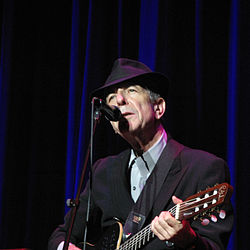
The Juno Award for Album of the Year is an annual award presented by the Canadian Academy of Recording Arts and Sciences for the best album released in Canada. It has been awarded since 1975, though it was the award for Best Selling Album from 1975 to 1979. From 1999 to 2002, it was awarded under the name of Best Album. The award goes to the artist.